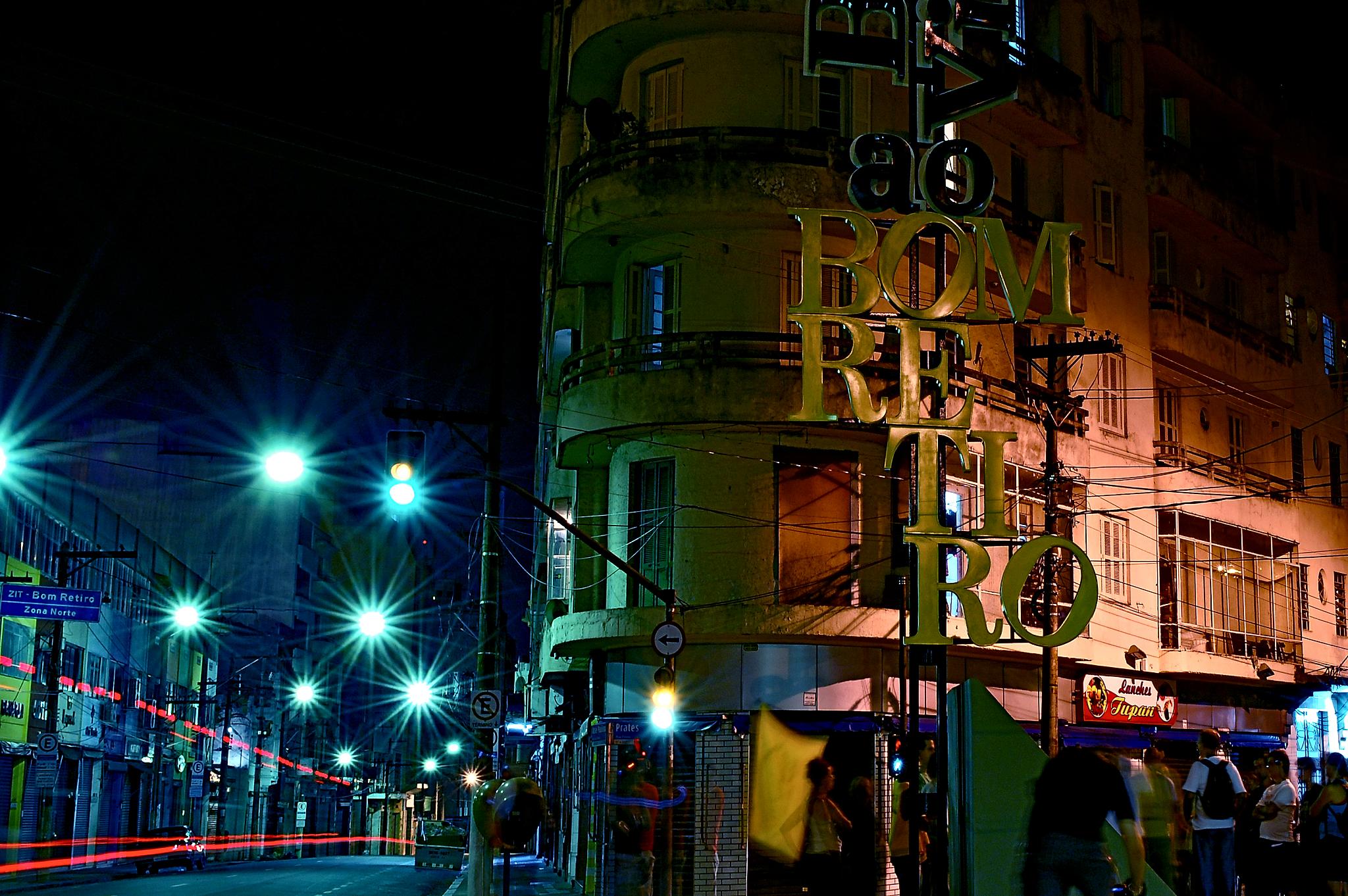
Photo from Emory News Center
Dr. Joseph Crespino, Jimmy Carter Professor of History, was among fourteen contributors to a January 25 article in The New York Times, “How Do You View This Complex American Moment?” Read the full article and check out a copy of Crespino’s comments below.
“I don’t think we’ve ever seen a president take office under these circumstances with this many unknowns, people on both sides with a sense that we’re in uncharted waters. We have to remember what kind of revolutionary period we’re living through. We’re really living through a digital revolution that I think has upended our economy, it’s upended our society and now we see it clearly revolutionizing our politics and creating all of these circumstances that are new to us, that as a democracy, we’re going to try to get a hold of. My inclination is that we’re in this kind of disarray — this kind of messiness is going to be the new normal — for the foreseeable future.”



